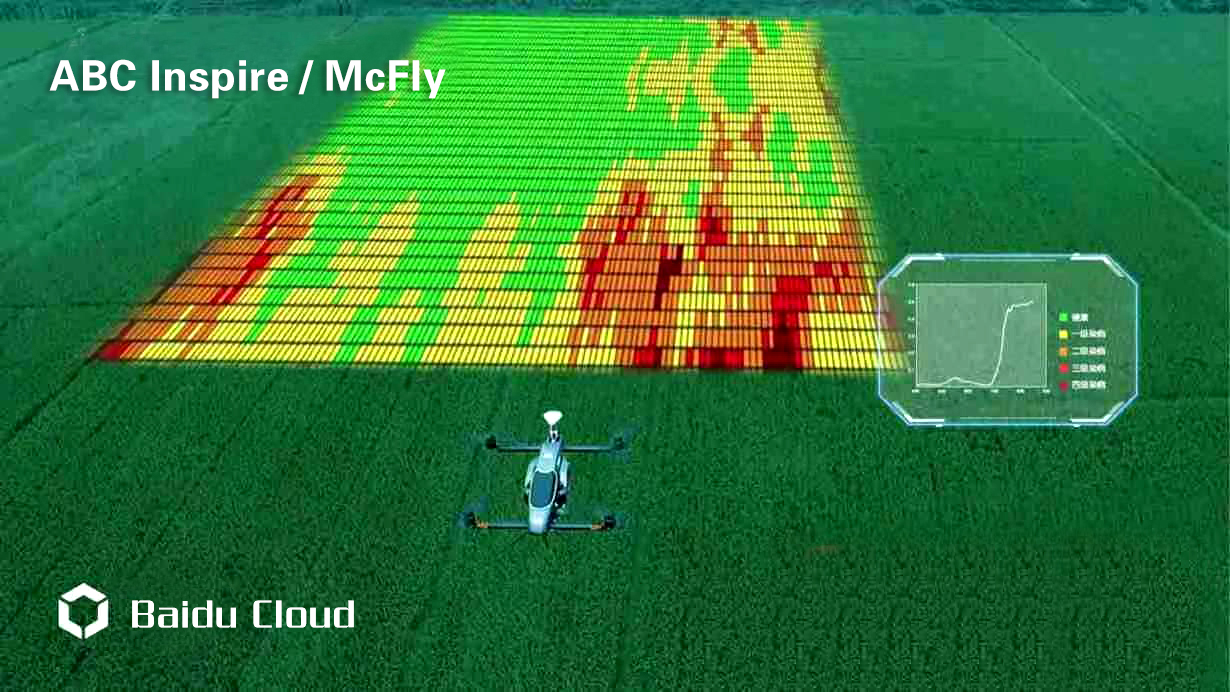Recently Baidu Inc. announced China's first open-source edge computing platform called OpenEdge - allowing developers to build "light, secure and scalable" edge applications. The OpenEdge platform brings processing power to "edge devices" like smart home appliances, wearables and other IoT devices.
In the past, Baidu led other open source projects like Apollo, its autonomous driving platform, and PaddlePaddle, an artificial intelligence framework. Furthermore, the company offers cloud services based on open source software created by other companies. Now Baidu is offering its first open source initiative in edge computing, OpenEdge, which also is available outside of China. The company hopes it will improve the development of edge computing globally.
With edge computing, the processing power is shifted away from the cloud towards the "edge", which means closer to the end users of smartphones, tablets, and Internet of Things (IoT) devices. Zun Wang, a Baidu spokesperson, said in a Business Insider article:
Edge computing is becoming more commonplace due to the rise of IoT devices. It brings different kinds of compute power, especially for AI processing, to the edges of your network, allowing close proximity of your data source with the cloud.
By providing OpenEdge, Baidu offers developers a platform to build their edge computing systems and deploy them on various devices and hardware. Furthermore, the platform also includes features allowing developers to program devices to collect data, have devices send messages to each other, and generally "learn" from user behaviour. In the same Business Insider article, Wang said:
We wanted to let developers build their own edge computing system as well as contribute functions and edge apps to the existing platform.
OpenEdge is the local package component of the existing Baidu Intelligent Edge (BIE) commercial offering - a cloud-based management suite to manage edge nodes, edge apps, and resources such as certification, password, and program code. Furthermore, BIE supports common AI frameworks such as the Baidu-developed PaddlePaddle and TensorFlow - allowing developers to train their AI models on BIE and then deploy them on local devices.
With OpenEdge, Baidu is also releasing two products that will leverage the platform:
- The BIE-AI-BOX that was developed in cooperation with Intel – it connects with cameras in vehicles to optimize video analysis and will officially provide AI apps for road recognition, car body monitoring, and driver's behaviour recognition.
- The BIE-AI-Board that was developed in cooperation with NXP Semiconductor - it can be embedded into other hardware-even as small as drones-for detection tasks.

Source: https://techcrunch.com/2019/01/09/baidu-cloud-launches-its-open-source-edge-computing-platform/
Lastly, Baidu is not the only public cloud provider with an open edge platform. For instance, Microsoft Azure has an open source edge computing project called IoT Edge and provides developers with edge computing services including IA. Furthermore, even Amazon also offers edge computing services on AWS, for instance Lamdba@Edge, allowing users to run serverless functions responding to events without provisioning any servers. However, the underlying software for the edge computing services is not available as open source.